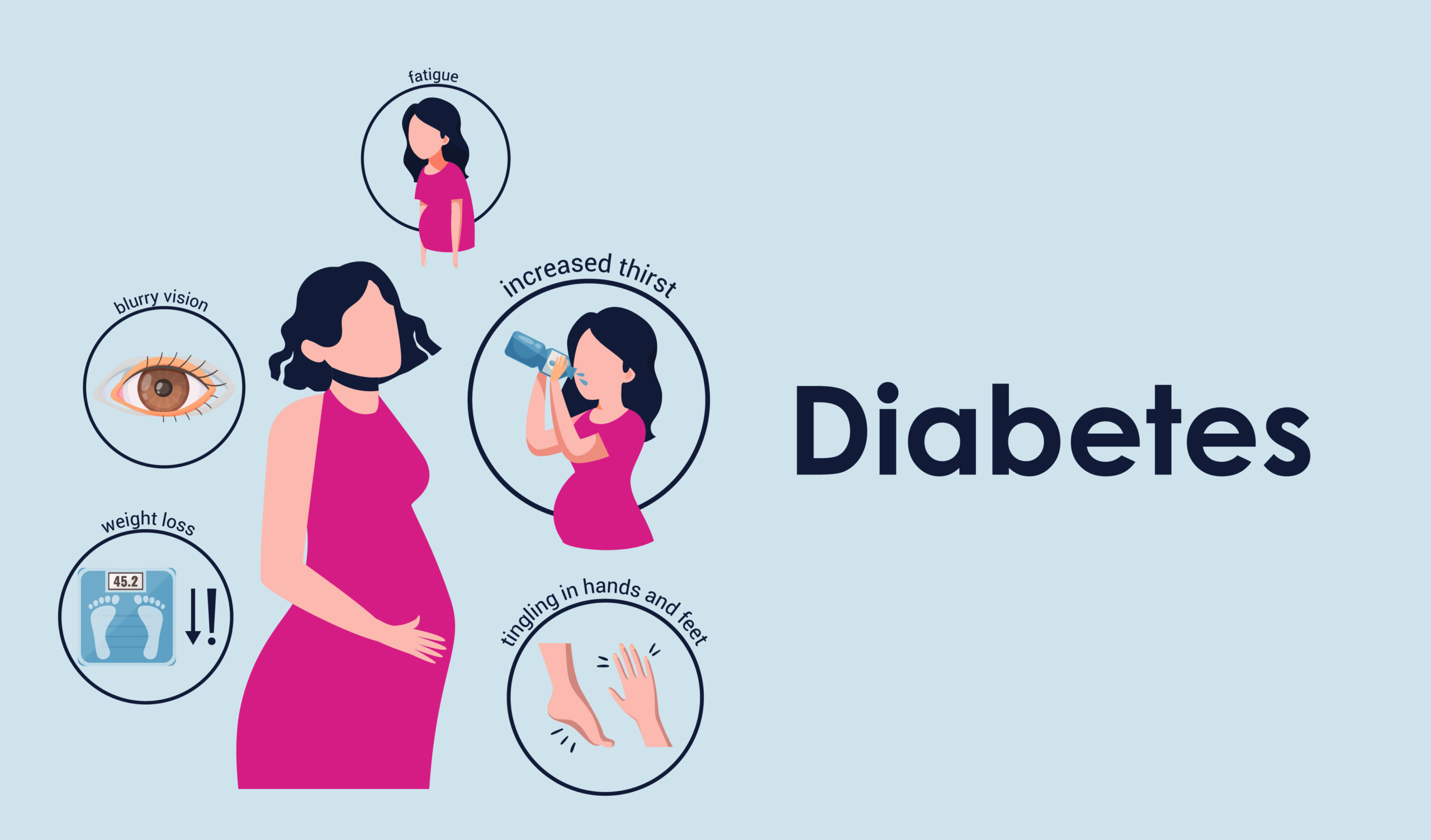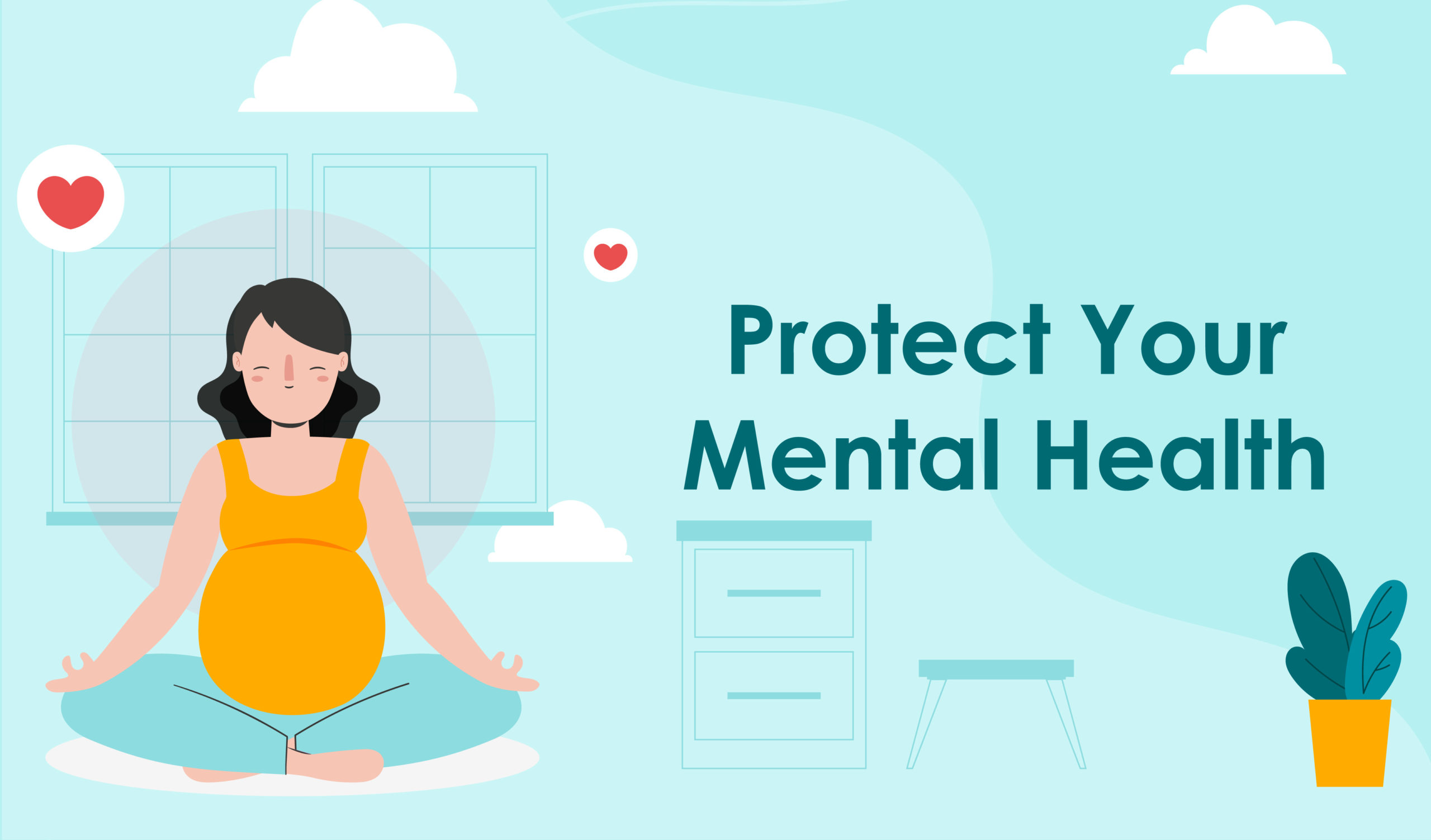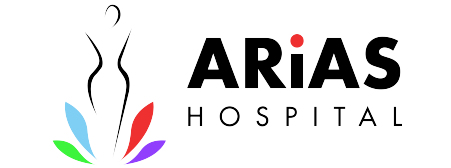- July 7, 2022
- By: Arias Hospital Nashik
High-risk pregnancy: Risk Factors and Management
Whether it is your first pregnancy or second, getting to know that you are expecting brings tremendous joy and happiness. However, this joy can instantly be replaced by stress, anxiety, and depression, after hearing that your pregnancy is high risk.
Why not? High-risk pregnancy implies that you and your baby have a higher chance of developing health problems before, during, or after delivery states the Best Gynecologist in Nashik. These issues are most of the time temporary and treatable but can also be dangerous and life-threatening sometimes.
If you have a high-risk pregnancy, here is what you need to know.
What defines a high-risk pregnancy?
A high-risk pregnancy is a pregnancy that carries increased health risks for the unborn baby and the pregnant person. Hence such people need extra care and attention to reduce the possibility of complications. The following are the conditions that lead to high-risk pregnancy.
- Maternal age
A high-risk pregnancy is usually associated with some type of maternal or fetal health problem. But simply being over the age of 35 can also put a woman in a high-risk category as past this age the chances of prolonged labor, delivery complications, and cesarean delivery are more say the experts from the Best Gynecology Hospital in Nashik.
Even teenagers fall into this category. They are more likely to develop a medical condition like pregnancy-related high blood pressure. Even the chances of going earlier into labor and giving birth to a low-birth-weight baby are more often.
- Diabetes
Diabetic women have an increased risk of developing gestational hypertension or giving birth early if they don’t manage their diabetes properly throughout the pregnancy. There are also chances of giving birth to a very large baby or a baby with blood sugar levels, breathing problems, or birth defects.

- Pre-eclampsia
Pre-eclampsia is a unique condition where people have high blood in conjunction with the protein in urine edema. In some women with this condition, liver or platelet abnormalities are also present. Here the only treatment is delivering the baby.
- High blood pressure
Women with high blood pressure are at risk of placental abruption. It is a life-threatening condition where the placenta separates from the uterus before the baby is born. There are also chances of the baby being developed more slowly than normal and arriving earlier than expected if the high blood pressure is not managed properly.
- Hypertension
Having hypertension before pregnancy can also pave the way to complications during pregnancy. Plus, medications used to treat hypertension outside pregnancy are contraindicated in pregnancy.
- Multiples
Women pregnant with twins or higher-order multiples are at a greater risk of developing complications. They are more likely to develop pre-eclampsia or go into preterm labor. Unborn babies are at a higher risk of fetal anomalies and growth problems especially when they share the same placenta.
- Obesity
If your BMI (body mass index) is 30 or higher, the chances of developing gestational diabetes are more say the experts from the Best Gynecology Hospital in Nashik. You are also at a greater risk of developing Type 2 diabetes, and high blood pressure during pregnancy. You may also require a cesarean delivery.
- HIV or AIDS
You and your baby are at a greater risk of getting infected with either condition during, or after pregnancy. However, medications can greatly help to reduce this risk.
- PCOS (Polycystic ovary syndrome or uterine fibroids)
Polycystic ovary syndrome or uterine fibroids form growths in the reproductive system. Benign tumors form in and around the uterus in case a person has fibroids. On the other hand, in case of PCOS, cysts are formed in the ovaries. Additionally, people with PCOS are even at the risk of developing preeclampsia or gestational diabetes. However, beware of the myths surrounding around PCOS.
- Thyroid disease
Women with either underactive thyroid (hypothyroidism) or an overactive thyroid (hyperthyroidism) are at a greater risk of developing complications like miscarriage, preeclampsia, low birth weight, or premature birth.
- Genetic conditions
In some cases, there are chances of babies having disorders like cystic fibrosis, spina bifida, or chromosomal condition like down syndrome due to gene changes. A genetic counselor can help you in such a case and depending on the condition advise proper care to your baby in the womb or right after delivery.
- Infections
Certain diseases can raise the chances of birth defects like syphilis, hepatitis, and chickenpox while you are pregnant.
- Abnormal placenta position
The placenta is usually located in the upper or side part of the uterus in most pregnancies. But in placenta previa, it is placed in the bottom blocking the part of the cervix. It prematurely gets separated from the uterine wall altogether leading to severe bleeding or preterm labor.
- Unhealthy lifestyle
Smoking tobacco, drinking alcohol, or taking illegal drugs raises the risk of pregnancy problems. Tobacco can damage a baby’s lungs and brain and also boosts the chance of low birth rate, premature birth, and stillbirth. Alcohol increases the risk of miscarriage, stillbirth, and FASDs (fetal alcohol spectrum disorders). Drugs can have serious consequences as they can easily make it into the placenta. They are linked to birth defects, low birth weight, and long-term health issues. The baby is likely to suffer from withdrawal symptoms like sleep problems, vomiting, and seizures after birth.
How do manage high-risk pregnancies?
With proper steps, you can greatly reduce the chances of pregnancy complications. Here are some tips to give the best possible start.
- Think for the future:
If you believe that you may have a high-risk pregnancy, prefer scheduling a preconception visit at least a few months before you start trying to conceive. This will allow you to make the recommended lifestyle changes and have a healthy pregnancy.
- Be honest about your health status with your healthcare provider
It is important to discuss your past and current medical conditions; the medications you are taking as well as the difficulties you had in your previous pregnancies with your healthcare provider. Be honest about your discussion throughout the pregnancy and immediately alert your healthcare provider in case you experience new, unusual, or severe symptoms.
- Make sure to attend all prenatal visits
Don’t skip your visits. Listen to your provider’s advice and stick to the treatment plan.
- Make healthy choices
Make sure to eat healthily and maintain your weight. Talk to your nutritionist to ensure you gain a healthy amount and stay active if you are able. Avoid smoking, drinking, and use of illegal drugs.
- Take care to prevent infections
Make sure to wash your hands frequently, beware of raw meats, and unpasteurized dairy products, and start trying to conceive and communicate with a healthcare provider about vaccinations once you are pregnant. Also, make sure, you are up to date on immunizations before you start trying.
- Protect your mental health
Having a high-risk pregnancy can be stressful. However, stress can have a negative impact. So, try to relax and reduce your stress levels. Ask your family and friends for help and support. Take professional help if your sadness, anxiety, or anger is interfering with your day-to-day life.

A high-risk pregnancy can be overwhelming. However, it is important to note that not everyone with a high-risk pregnancy develops complications. With proper care and attention, you can also have a healthy pregnancy.
Hence, it is suggested to take a piece of professional advice before your start your family.


